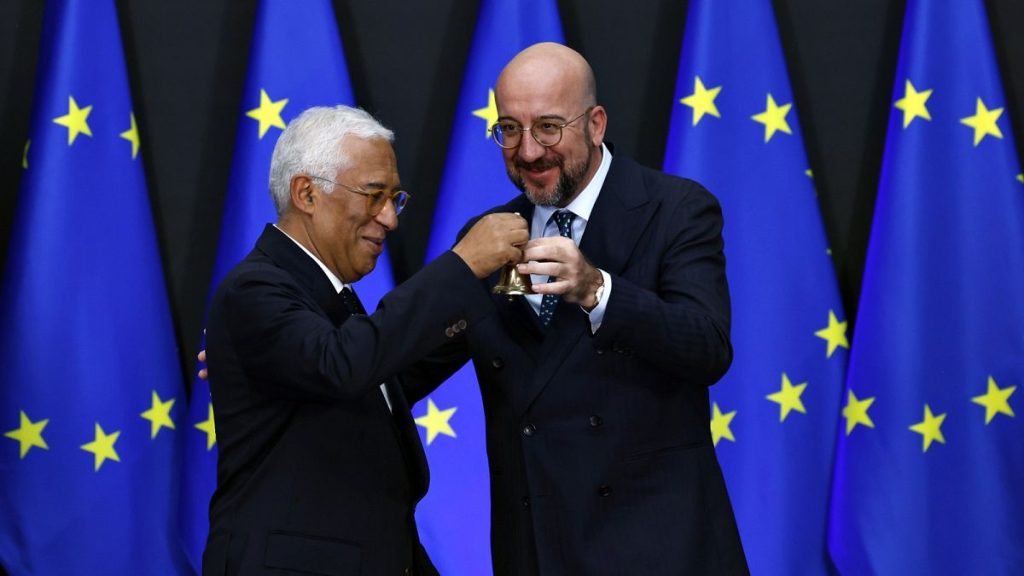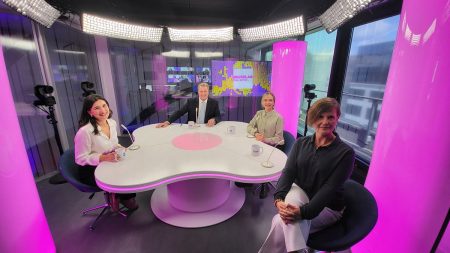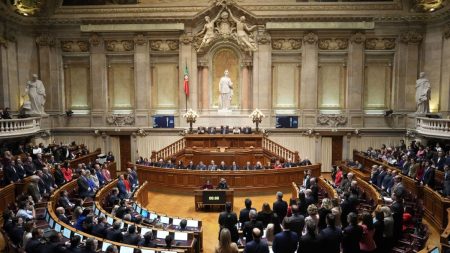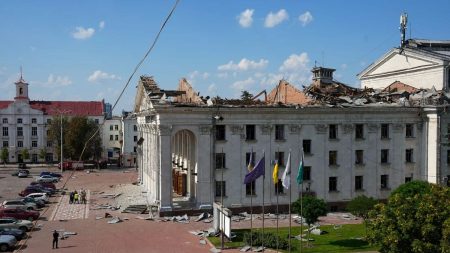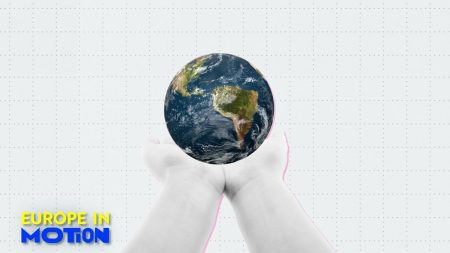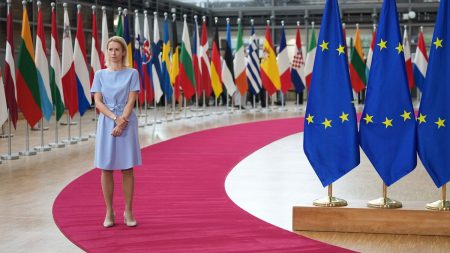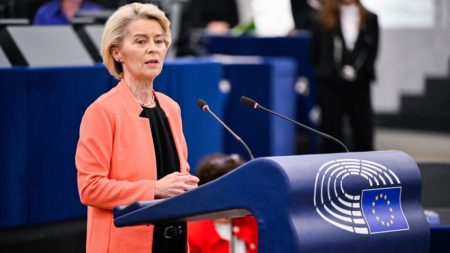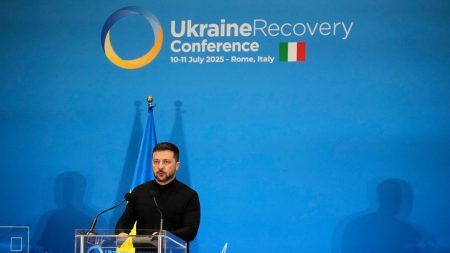On December 1, António Costa will officially assume the role of president of the European Council, marking a significant transition within the European Union’s institutional framework. The recent ceremony in Brussels, wherein outgoing president Charles Michel officiated Costa’s entry into his new position, underscored the necessity for political cohesion amidst ongoing challenges. Costa emphasized that the essence of patriotism is rooted in sovereignty and the pursuit of a united Europe, stating that collaboration is imperative to secure the continent’s stability, peace, and prosperity. His vision aligns with the European Union’s foundational principles, asserting that true strength lies in unity. As Costa transitions into this role, he will lead the Council through his term of two-and-a-half years, which may be extended once.
António Costa’s presidency is timely, coinciding with Ursula von der Leyen’s administration of the European Commission. Their predecessors shared a notoriously tense relationship, fraught with disagreements that echo from incidents like Sofagate during the Turkish presidential visit. Costa aims to establish a more collaborative dynamic with von der Leyen, suggesting a more harmonious and constructive partnership. As the president of the European Council, his responsibilities will primarily focus on representing and coordinating EU activities rather than wielding executive power. He will oversee the preparation and moderation of EU summits, which play a crucial role in shaping the continent’s future political agenda.
In his inaugural address, Costa portrayed himself as a mediator, advocating for the recognition and respect of diverse opinions among the 27 member states, rather than viewing them as barriers to progress. He highlighted that Europe’s varying cultures and histories are essential strengths, asserting that such diversity enriches collective decision-making. Analysts like Janis A. Emmanouilidis foresee Costa’s approach to governance as one that promotes compromise and consensus-building. However, there is hope that his focus will not merely result in settling for the lowest common denominator but rather target more ambitious and beneficial outcomes for Europe at large.
Costa’s primary agenda includes several pressing topics such as support for Ukraine amidst ongoing conflict, the enhancement of defense policies, and a renewed focus on the EU’s competitiveness and migration challenges. These issues have also been flagged by von der Leyen, suggesting continuity in urgent priorities for the Union. He reiterated the importance of a just and lasting peace in Ukraine, emphasizing that it should not come at the expense of rewarding aggression or undermining international law. With the war extending its impact across Europe, Costa reinforced that the principles guiding peace must align with broader global mandates, echoing the core values of the United Nations Charter.
A notable aspect of Costa’s ambitions includes the sensitive matter of EU enlargement. He advocates for progress in accession negotiations for prospective member states like Albania and Ukraine, distancing his approach from the previous administration’s strict timelines and conditions. This flexibility reflects a strategic pivot that could invigorate relations with Eastern European neighbors and enhance regional stability. Costa refers to enlargement as a tool for peace and security, marking it as a crucial geopolitical imperative that can ensure prosperity within the region. His vision indicates a more open pathway to full EU membership, contingent on collaborative progress rather than bureaucratic roadblocks.
In an effort to reframe the function of EU summits, Costa intends to condense meetings into single-day events, with preparatory documents ready ahead of time for more streamlined discussions. This shift aims to enhance efficiency and focus during meetings, although challenges may arise with complex topics such as budget considerations. Additionally, he plans to initiate informal retreats to foster open dialogue among leaders sans the pressures typically associated with formal decision-making settings. The first of these retreats is slated for February 3 and will focus on defense topics, signifying Costa’s commitment to creating spaces where leaders can develop collective insights and strategies. Notably, Costa distinguishes himself historically as the first person of color to hold a prominent position within the EU, bringing a diverse perspective to leadership that resonates beyond the institutional environment of Brussels.




